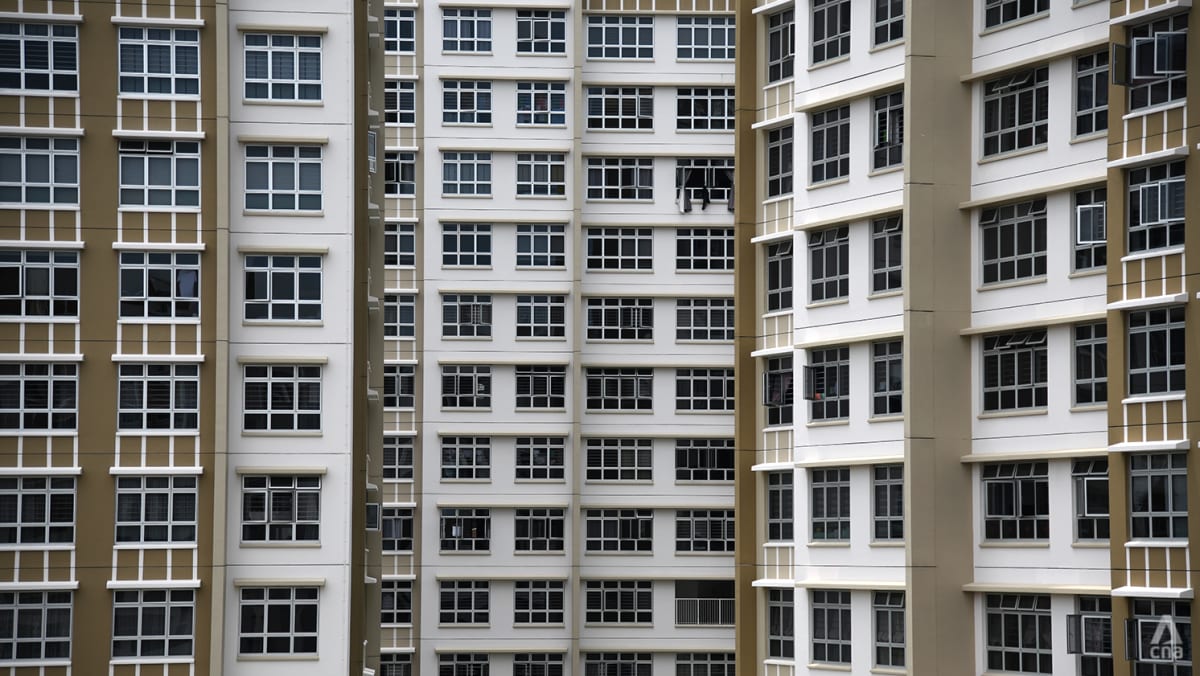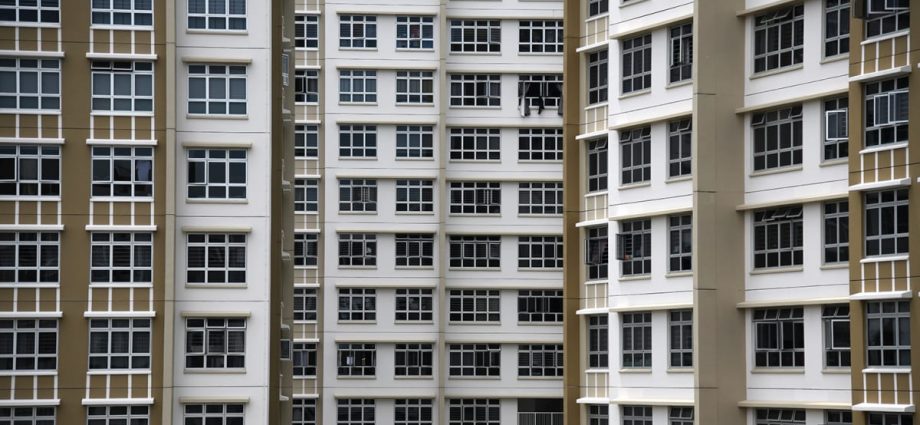
Addressing concerns about access to flats in mature estates, Mr Lee said HDB has been doing its best to launch more housing projects in such estates in the last few years.
But he pointed out that the more BTO flats supplied in mature estates, the more buyers join the queue.
This is because Singaporeans can see that the subsidy in a BTO flat is “real, and realisable” and that it means that after the minimum occupation period, they can sell the flat if they need to move, and make capital gains, Mr Lee explained.
If flats in mature estates were priced lower, the gains that successful buyers enjoyed would increase, and even more would join the queue, he added. The result would be higher demand, greater competition for BTO flats in mature estates, and greater anxiety among flat buyers, he pointed out.
“At the end of the day, this will not help first-timer couples who are looking for a flat to build their families,” Mr Lee said. As such, the Government is also “consciously moderating” prices in mature estates through measures like the Prime Location Public Housing model (PLH), he added.
GOVERNMENT STUDYING NEW POLICY CHANGES
Moving forward, the Government will study how it can provide more support for first-timer families looking to buy their first home and to reduce the “high rejection rate” for BTO applications, said Mr Lee. It will also consider more housing support for first-timers to buy resale flats, he said.
But when improving housing policies, the Government must ensure that they remain sustainable, Mr Lee stressed.
“We have heard many alternative proposals, including from opposition MPs, and we give them the benefit of the doubt that the intent is to improve the lives of Singaporeans. But they are not as frank about the trade-offs,” he said.
The minister touched on Mr Leong’s suggestion that BTO flats could be cheaper if HDB did not have to pay for state land at fair market value.
“I have already explained that HDB does not price based on cost recovery. BTO flat pricing and BTO development costs are two separate and independent things,” said Mr Lee.
“More importantly, land is part of our reserves. Proceeds from land sales do not come to the current Government as revenue for spending. The proceeds go back to the reserves, in order to preserve the value of the reserves. We invest the reserves and use part of the investment returns to fund the Government’s annual budget, and support the needs of current and future Singaporeans.”

